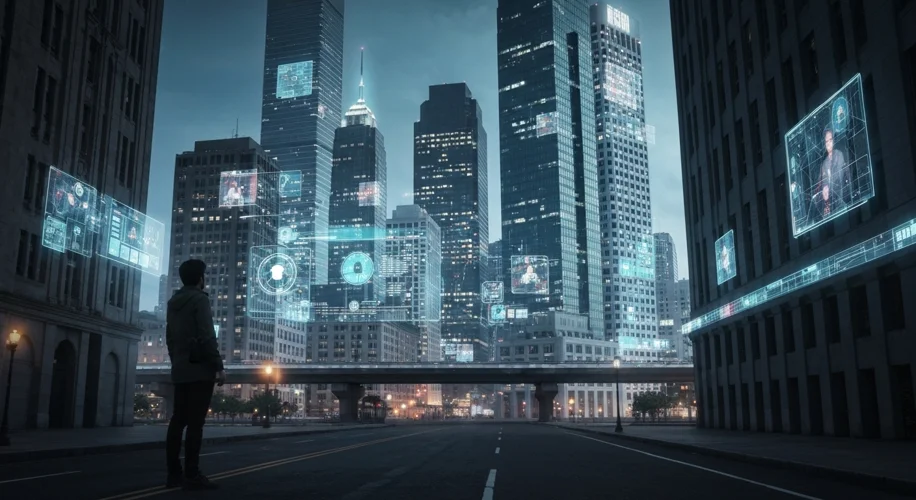Okay, so hear me out… We’re living in a time where AI isn’t just assisting us, it’s starting to do the heavy lifting. We’re talking about AI that can code, write, design, and even drive. It’s kinda wild to think about, right? My PhD research is all about AI, and honestly, the pace of change is something else.
For a while, we talked about AI as a tool, a co-pilot. You know, like how I use AI to help me brainstorm code or even draft parts of my blog posts. But here’s the catch: AI is getting so good, so fast, that it’s starting to look less like a co-pilot and more like the pilot itself, ready to take over the whole plane.
This brings up a massive question: what happens when AI can do most jobs better, faster, and cheaper than humans? We’re not just talking about factory work anymore. Think customer service, data analysis, maybe even some creative fields. The idea of mass unemployment isn’t science fiction; it’s a real possibility we need to start thinking about.
So, what’s the game plan? Firstly, retraining. This is huge. We’re going to need to constantly learn new skills, adapt to new technologies, and figure out what unique value humans can bring to the table. Maybe it’s about managing AI, focusing on uniquely human traits like empathy and complex problem-solving, or even creating entirely new industries we can’t even imagine yet.
Think about the internet boom. It created jobs we didn’t have before – web developers, social media managers, app designers. AI could spark a similar revolution, but maybe even bigger. We might see new roles in AI ethics, AI system maintenance, or even in entirely new creative fields powered by AI tools.
But let’s be real, it’s not going to be a smooth transition for everyone. There will be challenges. Society will need to figure out how to support people whose jobs are automated. This could mean exploring new economic models or safety nets.
What does a realistic future look like when AI can handle almost everything? It’s hard to say for sure, but it likely means a significant shift in how we define work, value, and purpose. Maybe it’s a future with more leisure time, more focus on personal growth, or more time for community and creative pursuits. It’s a future that’s both exciting and a little bit daunting.
I’m not gonna lie, the idea of AI surpassing human capabilities in almost every task is a bit mind-bending. But it’s also an opportunity. An opportunity to rethink our systems, our priorities, and what it truly means to be human in a world where machines are incredibly intelligent. We need to be proactive, adaptable, and ready to embrace whatever comes next.

